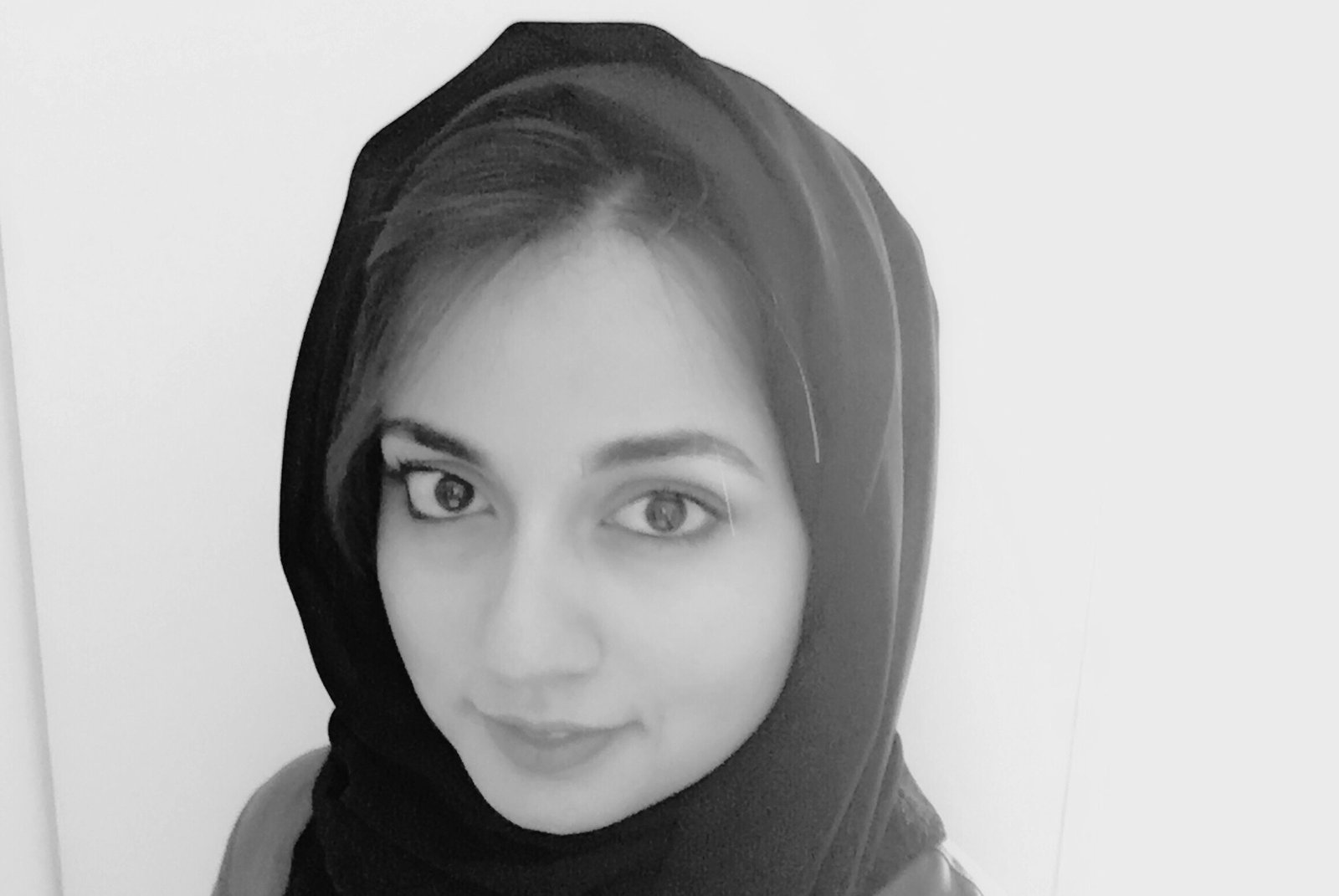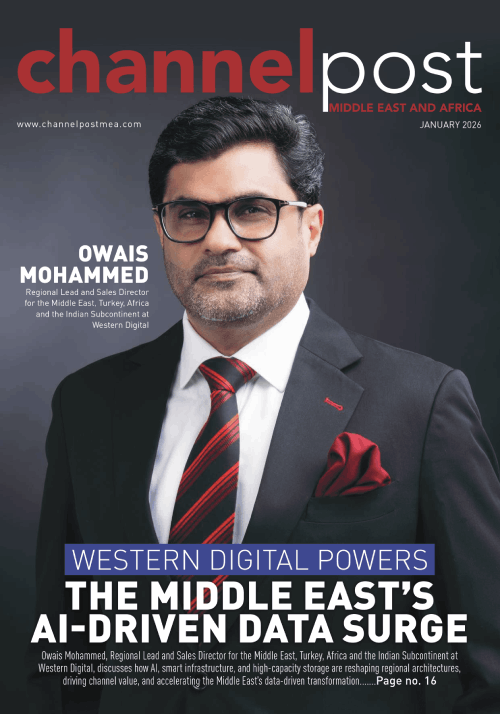Channel Post speaks with Dr. Sana Farid, Co-Founder and CEO Munfarid Consulting on her journey as an AR/VR strategist in the region and how she envisions future tech solutions to be used for societal well-being.

Tell us about your leadership style and philosophy.
I live by the adage – ‘Learning must happen’. No matter what the outcome be, I always strive for and emphasize on the ‘growth’ of my teammates. Luckily, I’m heavily surrounded by people who share the same love for technology. Clear communication and timely constructive feedbacks have helped me sail through all the situations. I often adjust my management style to meet the needs of people I’m managing. All the teammates are always in close contact with me and each other, however, I refrain from micromanagement. Setting clear goals help us all be on the same page.
Also, with many female members on board, I believe it is important to have both the genders in a workplace as they are proficient in their own set of skills and qualities, making the atmosphere more inclusive and healthy.
What made you choose Immersive technology as a career opportunity?
During my practice as a surgeon, I was always amazed exploring and realizing more about immersive technologies and how they could revolutionize our work. That, along with a series of events like – growing prospects of technology and the emphasis of the government on an innovation-based economy gave the required push. Hence, I stepped into this field, and being surrounded by equally passionate and knowledgeable professionals, our efforts were being carried out full throttle.
Today, more and more enterprises are focusing on innovation and with immersive technologies, it is possible to analyze data and take steps for two or three years into the future. Technology evangelists are trying to bring parts of the world together to look at the end to end experiences quickly and more frequently. This has a big impact on the society. These promising technologies will uplift the oil-based and non-oil based sectors both, especially in the Middle East. Our global workforce can be greatly benefited from the quality employment and appropriate skills supported by technology.
How have your challenges prepared you for success in the industry?
I’ve always, strongly recommended the use of technology in different fields. It wasn’t easy every time to convince people and make them aware of the need to upgrade from the conventional methods. Many times it is the most challenging part of a project. But with determination and passion for education, I was able to identify the deep-rooted reasons behind their concerns and was able to address the issues and resolve them. By taking complete ownership of my responsibilities and finding out new ways to elucidate the uses of this technology, barriers became easier to maneuver around.
What advice would you give to women looking to break into the field of technology?
Before pursuing your prospective endeavors, have a clear vision of what you want to do. Talk to yourself about your plans. When you can convince yourself about your business model and are satisfied, the goal is half achieved.
Hard work, determination, passion and consistency are the key points to success. While the start can be challenging, an innovative idea will soon rise and show its spark. Given the evolving nature of technology, you must upgrade your skills and explore how to improve it. Keep a checklist of a clear and workable strategy, engage the right sources, manage timeline, and most importantly, bear patience. Patience, well, it always bears fruits.
Remember that all the toil and persistence is in your best interest and will refine you further for years to come. The society needs more women who work for themselves and fulfill their dreams.
What is the greatest transformation in technology you’ve witnessed in your career?
Until now, Google for education was offering products of tremendous use in classrooms, especially the Google expeditions which was a very successful launch. A step ahead came with Expeditions AR – immersive expeditions in augmented reality, announced last year at Google’s annual developer conference.
And now, AI in education is a technological shift that seems to be the most impactful of these all. The integration of AI in education has many benefits including personalized tutoring, easier grading for teachers, mapping the student performance and identifying their need areas in the future, identifying exact points of gaps in student learning, and creating a more beneficial feedback system.
Though this calls for instituting large systemic changes, however, this is imperative to better the student learning experience.
What are your thoughts on the next transformation in the tech industry?
Today, the way we interact with technology has fundamentally changed. With multitouch devices, location tracking and sharing, identity sensors, virtual payments, there are smarter ways for every interaction. This leads us to an AI-first world which is strongly grabbing my attention. I can feel how this technology is leading us to take long leaps of advancements. AI, in my opinion, is changing the way we address problems and solve them. With deep learning and AI coming into the picture, the crossovers between different technologies – VR combined with AI, Augmented Reality (AR) combined with AI – are beginning to yield phenomenal results. This is hugely transformative and we should all be looking forward to this with amazement.
Are you involved in any sort of volunteer work? Can you give us some details?
In my honest opinion, I consider every research and exploration work (in the new scopes of development in technology) as a societal cause. This comes from my belief that technology, when channeled appropriately, always leads to the betterment of the society.
In particular, projects very close to my heart are working to improve learning for special education kids and healthcare for the elderly. My research work is focused on preparing better course material for them and finding favorable yet subtle ways of incorporating technology for their benefits. I’m in contact with many NGOs to further the reach of these programs and have more people with expertise and knowledge to collaborate.
Another ongoing research work is seeking to counter malnutrition and neonatal diseases with NGOs working in 3rd world countries, assisting them to develop awareness through technology aided learning and development programs.
What’s next for you in terms of your career in the tech industry?
While Virtual Reality stays at the helm, AI has caught my attention. I am inquisitive and dedicated about deeply exploring and understanding the technology and its many benefits.












